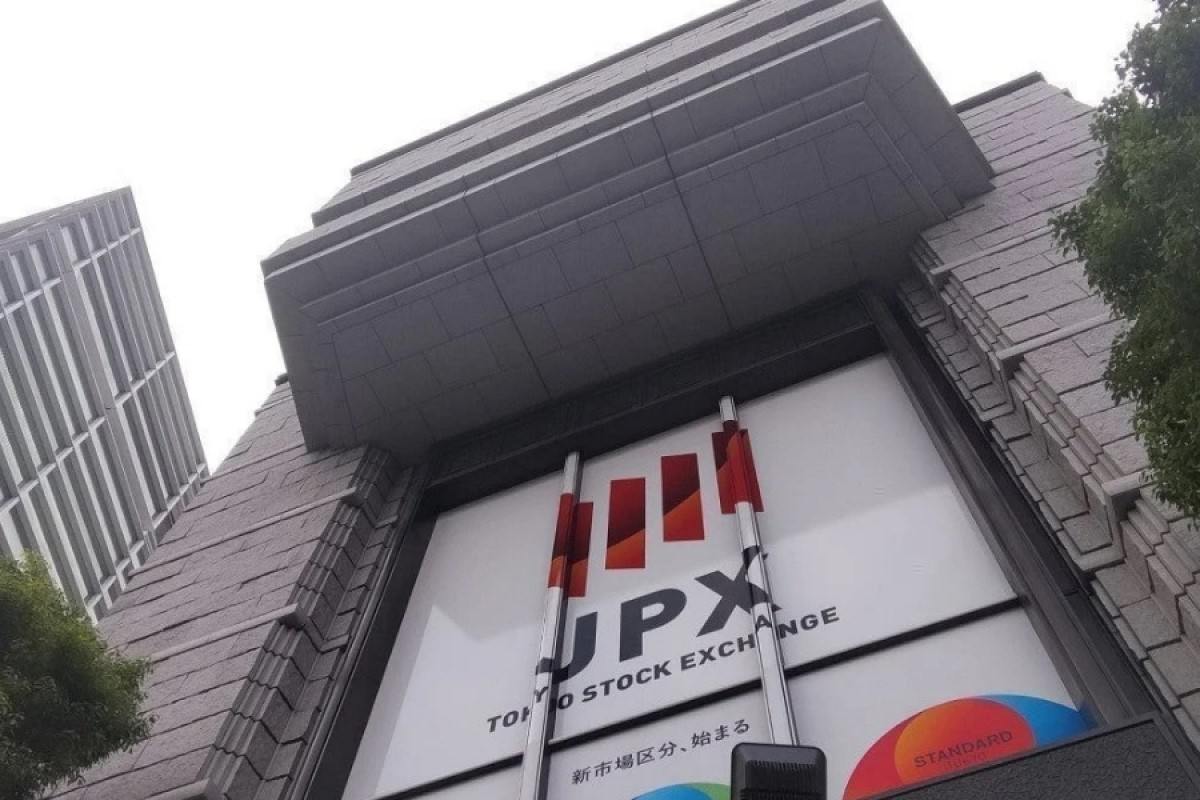
The Tokyo Stock Exchange
12:45 JST, January 31, 2025 (updated at 17:15 JST, Jan. 31)
TOKYO (Reuters) – Japan’s Nikkei share average closed slightly higher on Friday as technology stocks tracked Wall Street’s overnight gains, while a stronger yen weighed on market sentiment and U.S. tariff worries lingered.
The Nikkei .N225 rose 0.15% to 39,572.49 to post its third straight session of gains. It, however, fell 1% for the week in its fourth weekly drop in five.
The broader Topix .TOPX gained 0.24% to 2,788.66 on Friday.
Chip-making equipment maker Tokyo Electron 8035.T rose 3.33% to provide the biggest boost to the Nikkei.
Fujikura 5803.T, which makes fibers used by data centers and is a gauge for AI-related investments, jumped 4%.
“Gains in Japanese equities were limited as the yen strengthened and the market was also concerned about U.S. President Donald Trump’s tariff policy and its impact on Japanese firms,” said Kentaro Hayashi, a senior strategist at Daiwa Securities.
Trump has said Feb. 1 would be the date that he imposes 25% tariffs on imports from Canada and Mexico.
The yen was on track for its best monthly start to the year since 2018 on Friday, helped by the view that the Bank of Japan (BOJ) is likely to keep raising rates this year while its global peers elsewhere look to ease policy.
A stronger Japanese currency tends to hurt shares of exporters, as it decreases the value of overseas profits in yen terms when firms repatriate them to Japan.
“Although the market was not totally pessimistic. Investors became selective and bought stocks with a positive outlook and returns,” Hayashi said.
NEC 6701.T surged 18% after the computer maker raised its annual operating profit forecast and announced a 5-for-1 stock split.
Among losers, scandal-hit Fuji Media 4676.T fell 4% after the television network operator slashed its annual net profit forecast by two-thirds citing a sharp drop in advertising revenue.
Truck maker Hino Motors 7205.T tumbled 12% to become the worst percentage loser on the Nikkei.
Top Articles in News Services
-

Survey Shows False Election Info Perceived as True
-

Hong Kong Ex-Publisher Jimmy Lai’s Sentence Raises International Outcry as China Defends It
-

Japan’s Nikkei Stock Average Touches 58,000 as Yen, Jgbs Rally on Election Fallout (UPDATE 1)
-

Japan’s Nikkei Stock Average Falls as US-Iran Tensions Unsettle Investors (UPDATE 1)
-

Trump Names Former Federal Reserve Governor Warsh as the Next Fed Chair, Replacing Powell
JN ACCESS RANKING
-

Producer Behind Pop Group XG Arrested for Cocaine Possession
-

Japan PM Takaichi’s Cabinet Resigns en Masse
-

Man Infected with Measles Reportedly Dined at Restaurant in Tokyo Station
-

Israeli Ambassador to Japan Speaks about Japan’s Role in the Reconstruction of Gaza
-

Videos Plagiarized, Reposted with False Subtitles Claiming ‘Ryukyu Belongs to China’; Anti-China False Information Also Posted in Japan

























